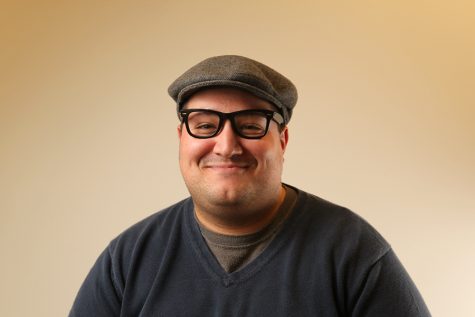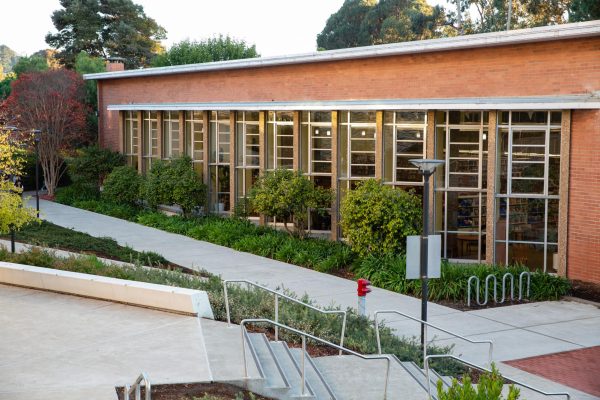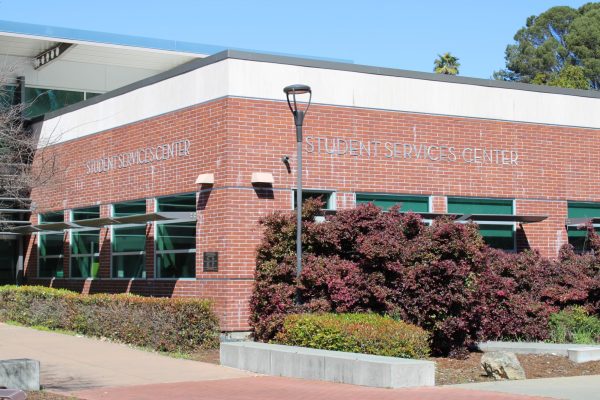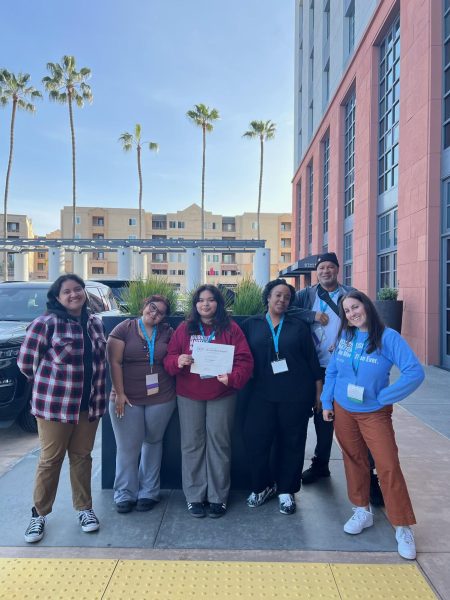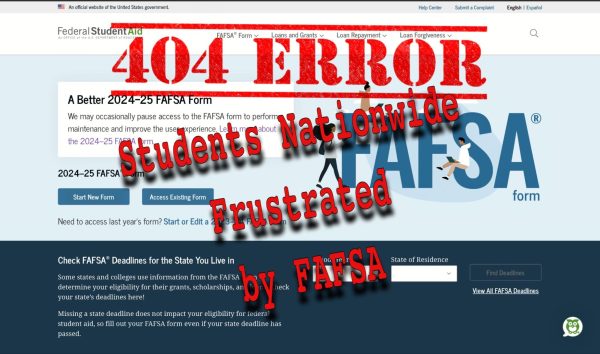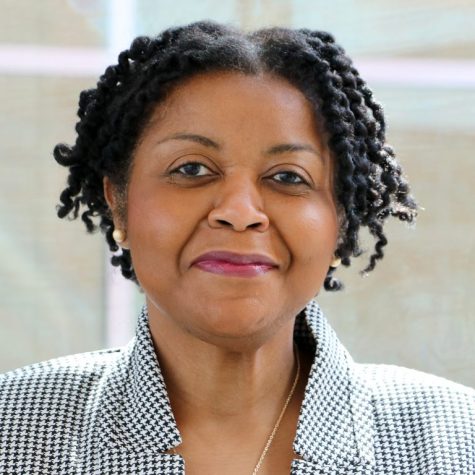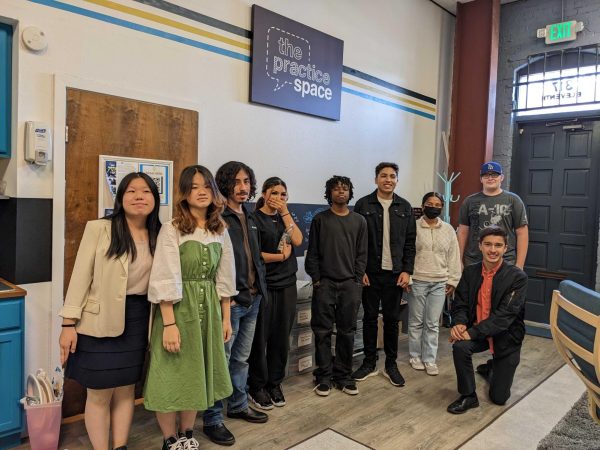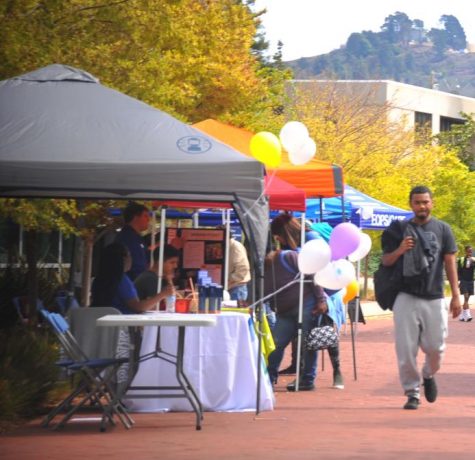Conference exposes hardships
November 3, 2016
The AB 540 Dreamers Conference brought undocumented students together to share their stories and experiences to help raise awareness about available resources at Contra Costa College.
The conference was held in GE-225 and Fireside Hall on Oct. 22.
The conference also featured 12 different workshops for participants at the Campus Center Plaza.
“My daughter is 12 years old and a long way from college, but all this information gives me and her hope for her future,” Richmond resident Erika Ramirez said. “It gives me hope to one day attend ESL classes here alongside my daughter.”
The panel consisted of six student speakers: environmental science educator Grecia Solis, kinesiology major Nadia Brasil, Diana Diaz-Noriega, UC Santa Cruz student Eulalio Mendez, computer and electrical engineering major Fidel Quezada Guzman and mechanical engineering major from San Jose State University Sixto Turcios.
The keynote speaker was Sarahi Espinoza Salamanca.
Salamanca is founder and CEO of the DREAMer’s Roadmap, a scholarship application. She is a former undocumented student and is known for her awards in activism in the undocumented community.
Sarahi said her personal experiences have given her the chance to help thousands of undocumented students and was recently named to Forbes’ “30 Under 30” list.
“As a kid you’re told to go to school do well and you’re going to go to college — but it is not that simple for everyone,” Salamanca said.
She said she moved to the U.S. when she was 5 years old and “picked up the (English) language quickly.”
In front of a room of people at the conference, she explained the hardships she faced after graduation from high school and when trying to get accepted into colleges.
“I applied to the Free Application for Federal Student Aid and I was denied,” Salamanca said.
She said a FAFSA agent told her she could not apply because she is not a “legal resident.”
Salamanca said that was when she decided to share with her teachers and counselors that she was undocumented.
“I fell into depression because I couldn’t go to college, but I kept trying and eventually got the Board of Governors Fee Waiver and The Extended Opportunity Programs and Services financial program,” Salamanca said.
Salamanca spoke about her life after college, her participation in the Dreamers Hackathon and her pitch to the 2015 Voto Latino Innovators Challenge.
She said she won first place and $500,000.
“It was a good feeling that they believed in my vision that I put so much into,” Salamanca said.
She said after becoming CEO of her company, she faced some challenges.
“They would see my age, color and sex and ask if I really was the CEO -— it is difficult to give orders to someone who is older and have them take you seriously.”
HSI/STEM Grant and METAS Coordinator Mayra Padilla shared her experiences as an immigrant in the U.S. and spoke about the political climate for undocumented students.
“I left my vibrant community when I was 5 years old to move to South 23rd Street in Richmond,” Padilla said. She said she remembers noticing the lack of trees, how no one looked like her and how she couldn’t speak English.
She said the event was about helping friends, family and those who don’t know about the resources they have available to them.
“I would not have gone to college without that program,” Padilla said. “Find what speaks to you to spark change.”
Solis said, “There are not many Latino women in science, but with the help of my family and friends I had the courage to keep fighting for my education. I went to CCC for three years. Its students and its diversity are what make me want to teach here.”
Brasil said she was worried about leaving CCC. “The fear of rejection was a big fear for me. I worried if people would understand and be open to it, but SF State had great support groups.”
Diaz-Noriega explained to the room full of dreamers how her parents kept her residential status a secret from herself.
“I only found out that I was an undocumented resident when I was a teenager in high school,” she said.
“I remember asking my mother for my Social Security number so I could apply for a job and having her tell me I could not because I didn’t have a Social Security number.”
Diaz-Noriega also spoke of the trauma she faced in her household due to fear of deportation.
“My mother suffered domestic abuse. We couldn’t call the police for fear of being deported. When I was off in college trying get a degree to make enough money to free her I was always scared of coming home and she would not be there.”
Guzman spoke about the identity of undocumented people.
“I think about the people who were not born here, but grew up here. Those who feel they don’t belong anywhere. This is our land too, even if we are not set up to succeed in it,” Guzman said.


